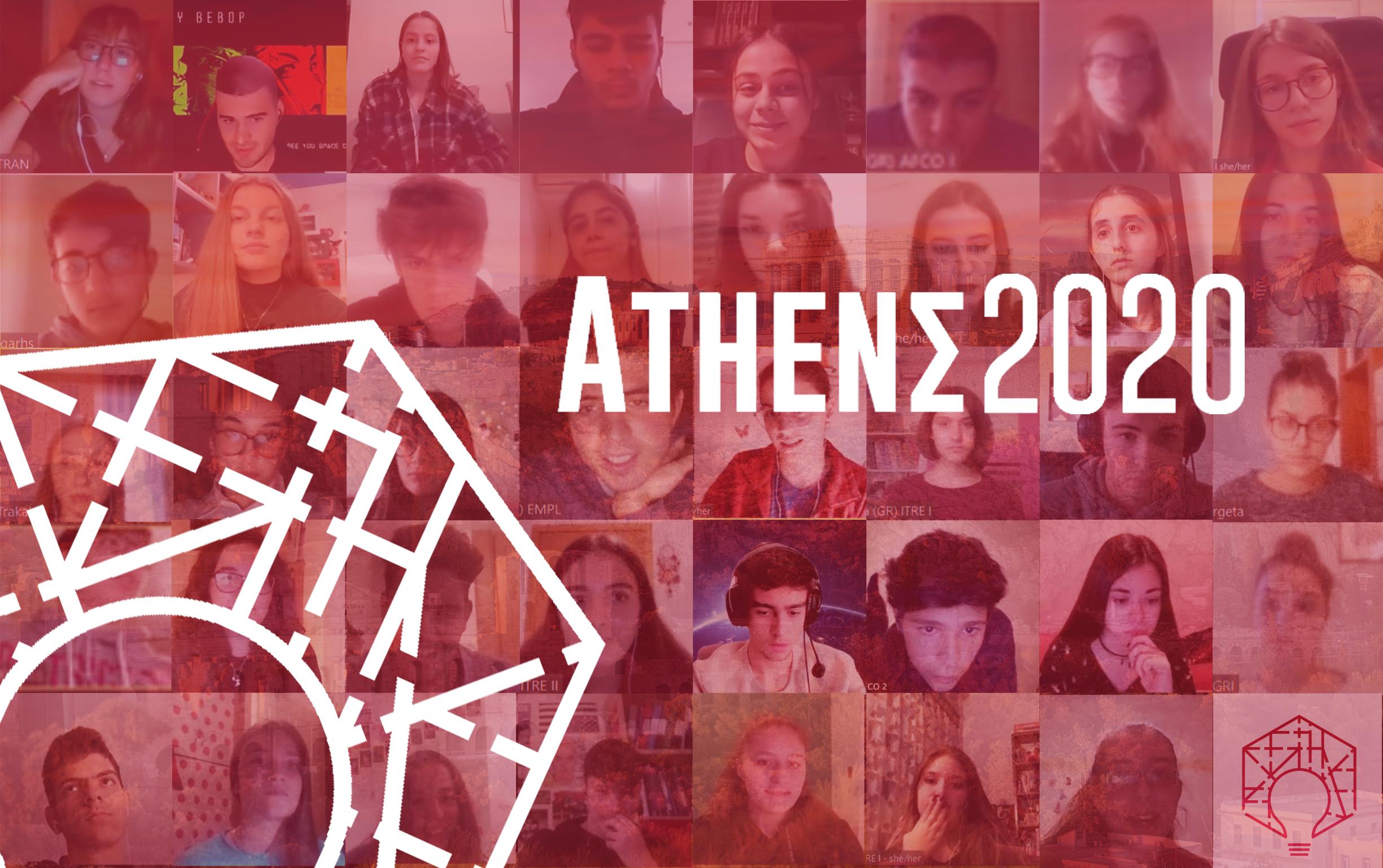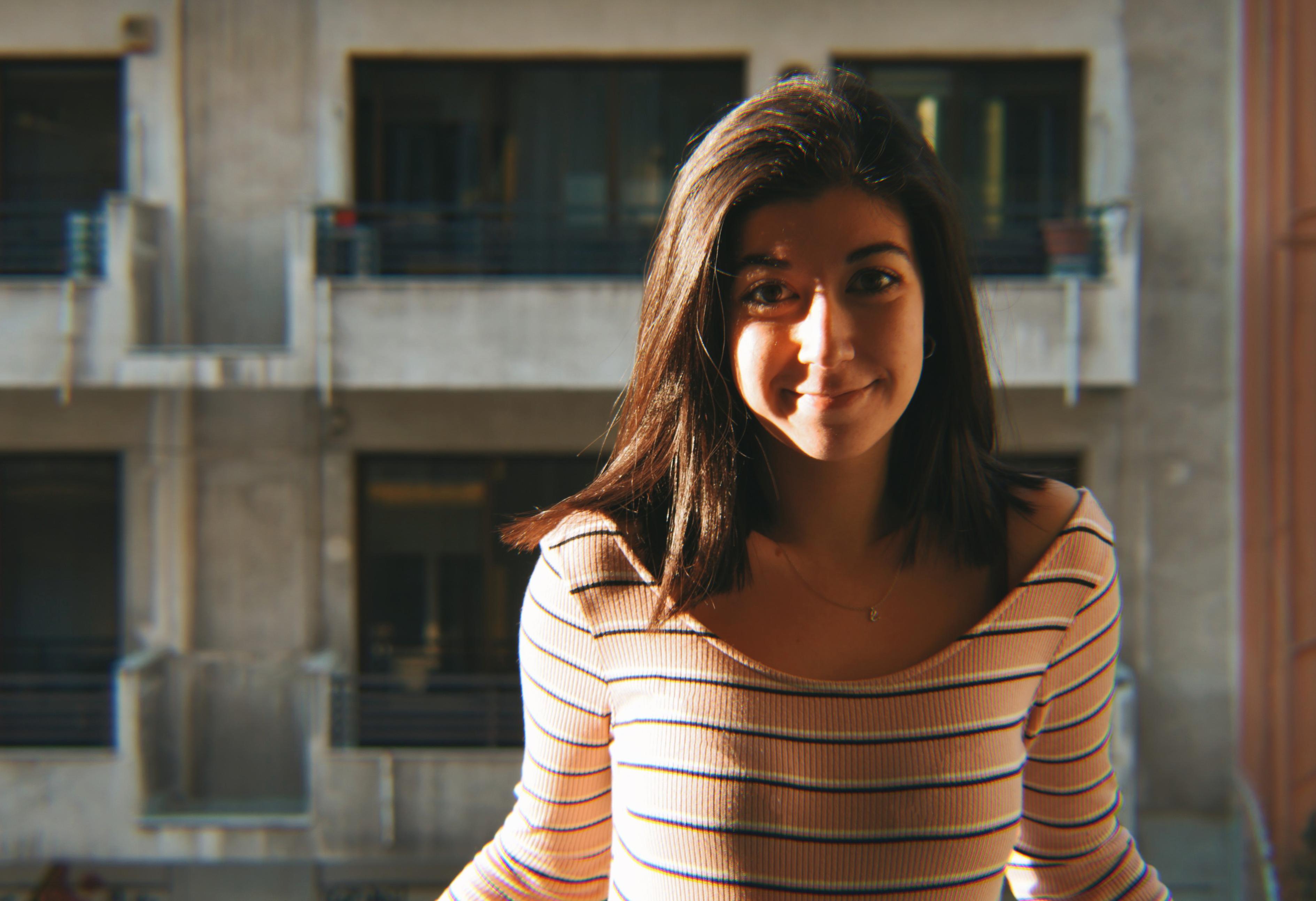Diversity In Eyp Article by Alex Bañón (ES)
The first European Youth Parliament session I attended was in January 2018. That year there had been a push for more public schools to attend the regional and they made up about 40% of the schools participating. I was one of the only three people in my committee who could speak fluent English. The same three schools that had passed the last year won the selection that year as well. They were all private, expensive, international schools. One could say that it is because of EYP’s English speaking nature that, at least in most European countries, only people from a certain economic background can actively participate in it. It is expensive to be bilingual in most countries, especially at the young age of 14 to 17. In my home country of Spain, only about 27.7% of people say they speak English to a certain level (not necessarily at debating level) - in Italy its 29%. However, if you are to have an “EYP career”, the economic background really comes into play. Travelling is very expensive. Sessions are expensive. If you are to be a delegate, your school needs to be capable to pay it for you. Most public schools can’t afford that. If not, you have to pay for it by yourself and not many 15-year olds have the 85€ that International Sessions can cost laying around. If you are to be an official (at least in pre-Covid times), you have to pay for the travelling and, in some sessions, the accommodation as well. That is without going into the equipment problem (ex. how most media team members are expected to bring a camera to sessions). Yes, there are travel reimbursements. Yes, if you are invited to a session as president most times you won’t have to spend a dime on travel and accommodation. But it takes time. And it takes a lot of EYP experience, which we have said previously not everyone can afford, before that happens. This then repercusses as exclusivity in other fields. João Silva, former president of EYP Portugal and jury at the session explains it really well:
14




